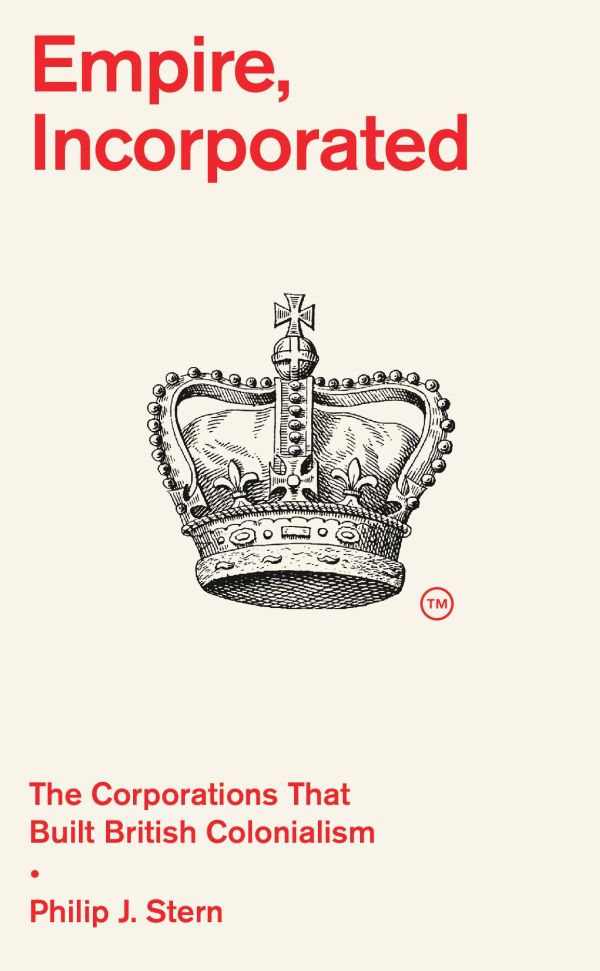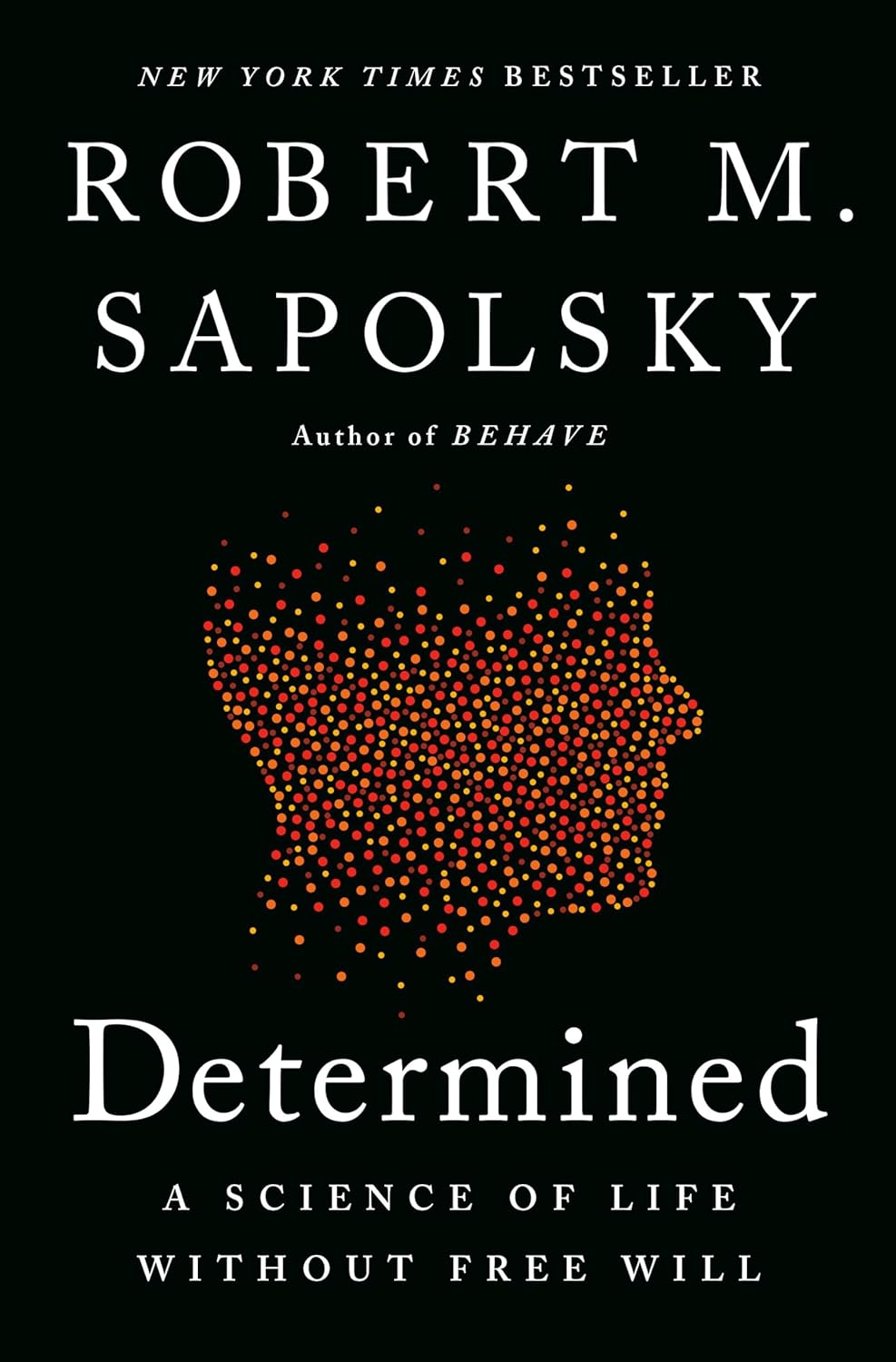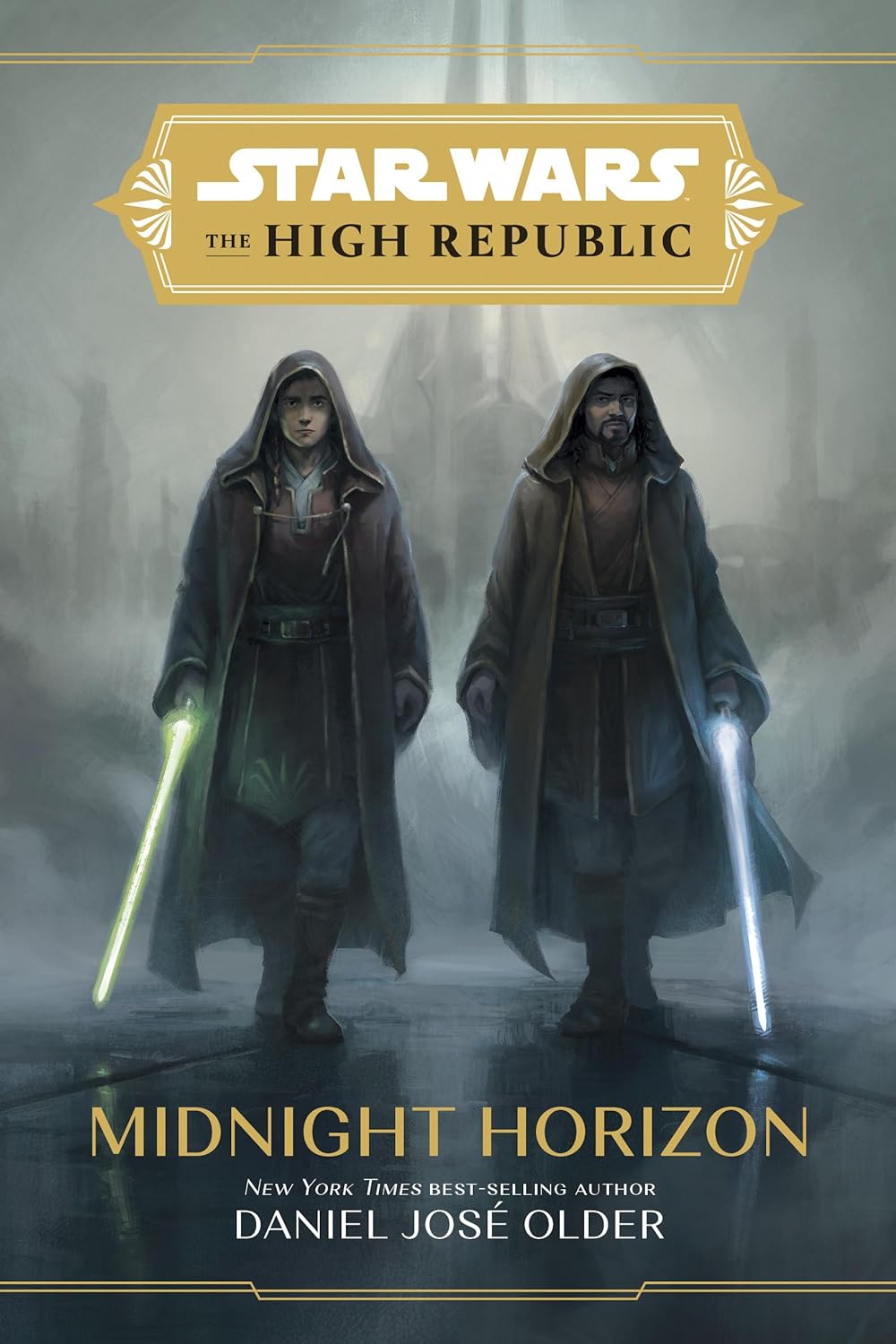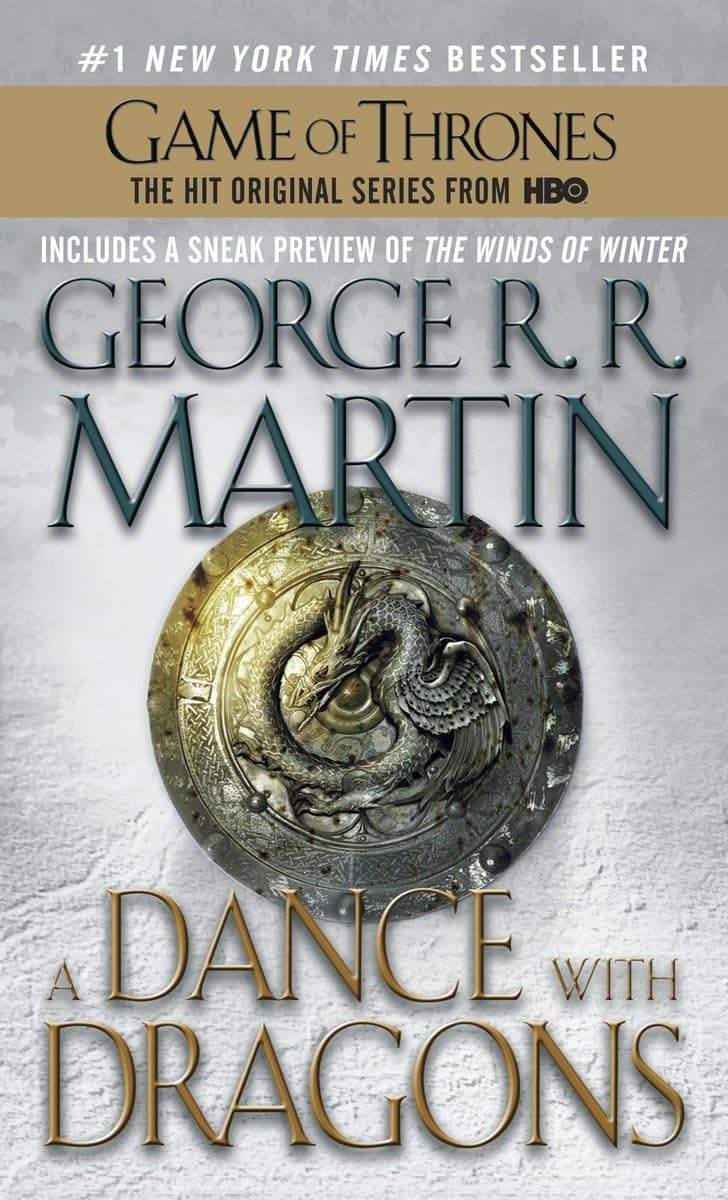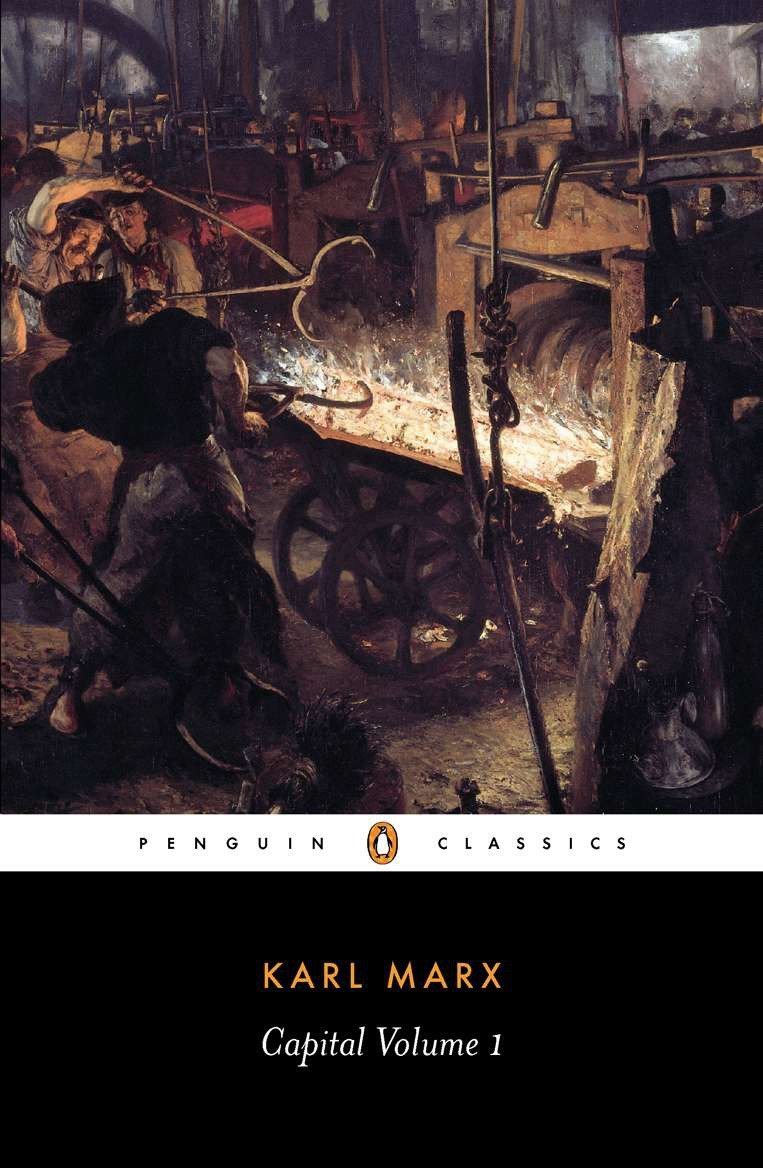Despite the fact that librarians are among the most trusted professionals, per data acquired in several studies of parents on the perceptions of the profession, lawmakers across the country continue to infantilize and criminalize library workers. The 2024 legislative session has been particularly eager to capitalize on the rhetoric from the far right on libraries, as seen through several bills aimed at not only limiting the types of books allowed in school and public libraries but also in how the profession itself may operate.
We’ve seen Utah pass a bill that would pull books off shelves in school libraries if the title is pulled in other districts in the state, a blatant removal of the local control the very anti-library advocates themselves demand. Idaho attempted to push through similar legislation, despite clear links of the rhetoric around “pornography in libraries” to QAnon conspiracy. Georgia attempted, but narrowly failed, to pass a bill this session that would ban the American Library Association from school and public libraries statewide (and the respective funding from the nation’s largest professional association for library workers).
Louisiana continues these efforts in an ongoing move by politicians in the state to damage public libraries with House Bill 777. HB 777 was introduced March 25 by Representative Kellee Dickerson, who helped fund the Louisiana Freedom Caucus. The bill would criminalize library workers and libraries for joining the American Library Association.
The American Library Association (ALA) is the largest and oldest professional organization for library workers in the nation. It was founded in 1876, and this Twitter thread is a fantastic resource on the history and purpose of the organization.
The HB 777 text reads:
A. No public official or employee shall appropriate, allocate, reimburse, or otherwise or in any way expend public funds to or with the American Library Association or its successor.
B. No public employee shall request or receive reimbursement or remuneration in any form for continuing education or for attending a conference if the continuing education or conference was sponsored or conducted, in whole or in part, by the American Library Association or its successor.
C. Whoever violates this Section shall be fined not more than one thousand dollars or be imprisoned, with or without hard labor, for not more than two years, or both.
This partisan bill undermines the profession on several levels.
Since the rise of book banning in early 2021, the ALA has been at the receiving end of criticism from right-wing politicians and organizations, despite no such similar pushback toward similar organizations for other professionals. Indeed, such attacks have served to not only skewer the profession and all it stands for, but they’ve also been one of several ways that certain groups have attempted to undermine the trust in these institutions.
By creating a villain of the biggest professional organization for library workers, book banners pound away at the institutions that establish and uphold librarianship as a profession. Librarians lose their place as experts in their field, with the skills, knowledge, and passion for helping connect people to vetted, accurate, verifiable information. To real facts and not those crafted by so-called “alternative” library organizations developed by long-time library antagonists and sympathizers who themselves have worked hard to dismantle these democratic institutions.
More, though, by criminalizing the library’s use of taxpayer money to be members of the ALA, HB 777 ends up harming those very same taxpayers by removing access to grants, funds, and educational opportunities that benefit them via their libraries. There are grants offered annually to help libraries increase specific collections or categories of material. There are opportunities for library workers to be part of the process in selecting the best books annually–important to note here because of how much noise there is around these books “not representing” certain communities and yet by barring library workers from engaging in these committees, they purposefully undermine their own purported lack of representation. Membership in the ALA means that individuals and institutions have the chance to take a variety of professional development courses to ensure their work is aligned with the standards of the profession more broadly, including ensuring that it remains a space of democracy, inquiry, and access.
Of course, those are the very reasons why bills like HB 777 arise. Dickerson and her ilk are eager to destroy and dismantle public and school libraries. By attempting to fine libraries and library workers, they make keeping Louisiana libraries aligned with the best of the best impossible and instead, create these institutions in their own image.
That image is one where the library doesn’t exist to serve an entire community but to serve specific demographics that may or may not live in those communities.
HB 777 not only would fine libraries and librarians, but it would possibly require hard labor by those found guilty. Read that again: librarians would be sentenced to hard labor for daring to join their largest professional organization.
The bill would also potentially kill one of the largest graduate school programs in the state of Louisiana, Louisiana State University’s Masters of Library and Information Science program. Like all Master of Library and Information Science programs, it is accredited by the ALA and goes through a rigorous process to ensure that the curriculum is up-to-date and aligned with best practices in libraries.
Even if the bill is limited “only” to the use of tax money to support membership or attendance/enrollment in ALA-sponsored professional development, take a moment to look into whether or not police, fire, or other public entities are subject to similar legislation in Louisiana or elsewhere. You probably know the answer–and you probably won’t be surprised that one of the few institutional benefits offered to library workers is such membership.
If you haven’t been paying attention until now or you’ve thought these fears when laid out over the last several years were hyperbole and this is your wakeup call, there’s no time like the present to get to work advocating on behalf of your library. If you live in Louisiana, contact your representatives as soon as possible (here’s a very easy way to do that!). You can also reach out to Kellee Dickerson by phone at (225) 380-4232 and email [email protected].
Then, reach out to your own libraries and offer your support, either by showing up at board meetings and/or running for those board positions when vacancies occur. Go borrow books from the library and get your writing hands going with letters to your local papers.
EveryLibrary also has a petition you can sign related to HB777.
ALA deserves criticism as an organization for many reasons, both from those within it and those outside it. But making it illegal to join the largest professional organization for librarians and punishing those who join with steep fines and potentially hard labor is not criticism.
It’s fascism and it’s unconstitutional.
